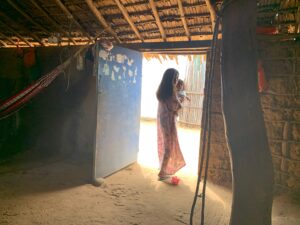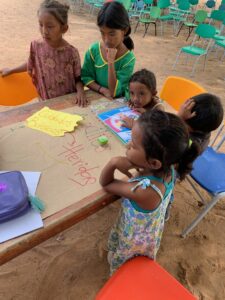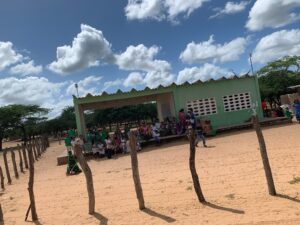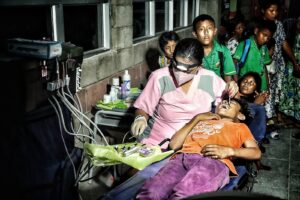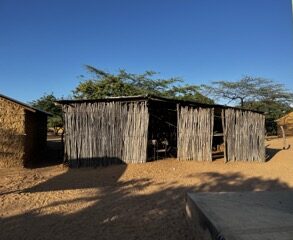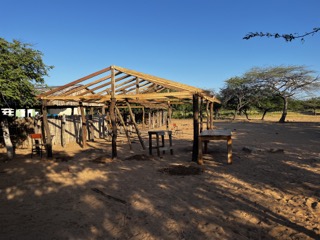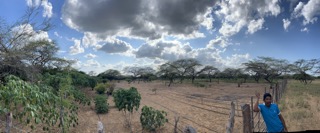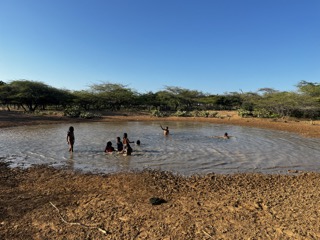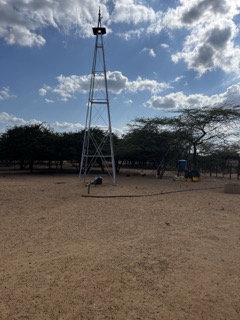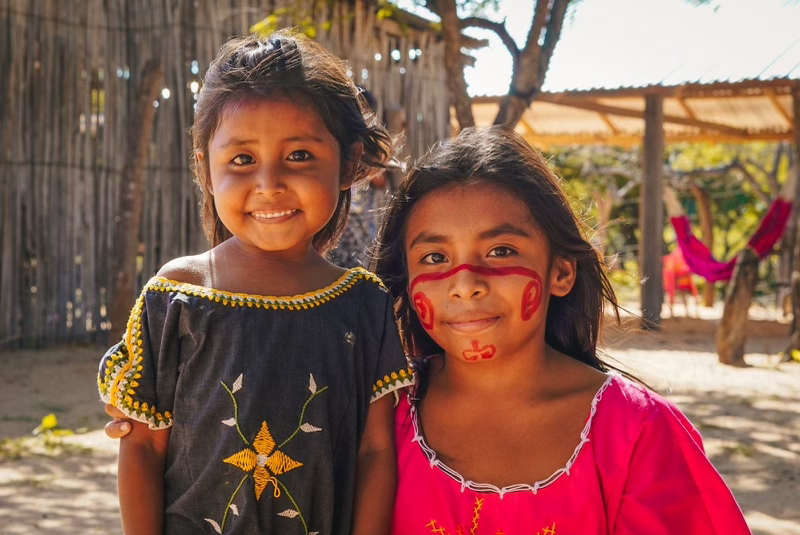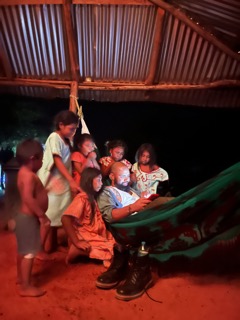The Wayúu People
The Wayúu are one of Colombia’s most unique and largest indigenous populations, living in the north of Colombia, in an area encompassed by the La Guajira desert, the country’s largest. The Wayúu have gained notoriety for never having been conquered by the Spanish. The people, dispersed throughout this enormous region, consist of scattered clans surviving in the relentless environment. The actual size of the population throughout the area of La Guajira is not well known but is speculated to be in the hundreds of thousands. iHelp is excited to work with the people of this tenacious culture who face unique troubles in the harsh desert atmosphere.
Daily life for The Wayúu involves some of the most extreme poverty, thirst, drought, environmental degradation, and malnutrition in Latin American history, as well as a severe migration flow. Despite their hardships, the Wayúu remains a humble culture, full of unique attributes in their food, dancing, music, and art.

